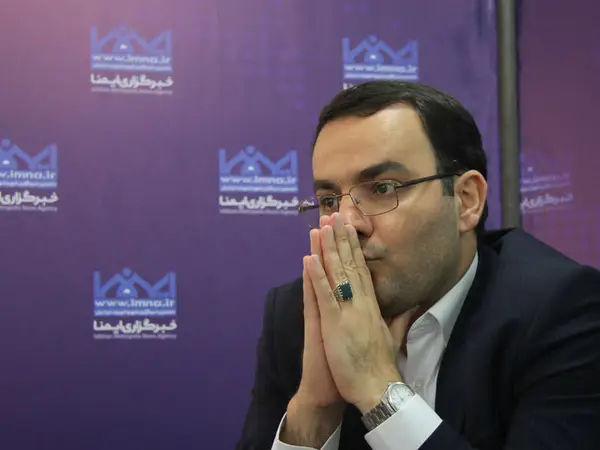Mehdi Moqaddari, a reformist activist and a member of The Organization for Justice and Freedom in Iran, says hope has evaporated for political reforms in Iran.
With hardliners loyal to Supreme Leader Ali Khamenei occupying key government institutions by manipulating elections, most reformist and non-partisan observers have given up hope for steering the Islamic Republic toward democracy.
In an interview with the moderate Rouydad24 news website in Tehran, Moqaddari said the government's security approach to politics has led to political disillusionment for even loyal reformist politicians and led them to inaction and despair. There is no hope in a miracle in Iran, he said.
He added that there are two types of reformists in Iran: One group that is committed to values such as freedom, human rights and equality and is working to establish good governance through a transition to democracy, and another group that takes advantage of the idea of reformism as a brand only to be get a share in the country's political dynamics.
The first group has been pushed out of the country's political landscape by the totalitarian hard core of the regime and they are no longer capable of confronting those who have made elections meaningless and eliminated the republican nature of the government.The other group is happy to take part in the non-competitive elections in a minimal way, Moqaddari explained.
He added that the situation should be alarming for the regime as well as for Iran's political community and civil society. The immigration of Iranian political activists and academic elites is a result of this reality.
Asked why Iranians no longer welcome the idea of reformism, Moqaddari said that the disillusionment and despair is not about reformism. The people are annoyed by the entire political system as their non-participation in recent elections have shown.
A recent online opinion poll by a Netherlands-based institute found that over 60 percent of Iranians want regime change or "transition from the Islamic Republic".
Meanwhile, in an interview with Didban Iran website, Tehran university academic, Amanollah Gharaee Moghaddam, said that widespread corruption among Iranian statesmen have led Iranians not to trust the government and its officials.
The academic also said that a society in which everything is overshadowed by ideology will not develop.
"Iran has many experts and many factories and natural resources and has imported the technology it needs. Yet the country cannot develop. Because the people do not trust the government and its officials. It is every man for himself," he said. With widespread corruption in the state apparatus, even reaching lawmakers, the people cannot trust in anything having to do with the government.
He added that public distrust is all down to corruption, bribery and embezzlement. “So, even brothers do not trust each other let alone trust between the people and their employers."
Parallel with corruption, Gharaee cautiously also brought up the authoritarian nature of the government, that treats people as subjects rather than citizens.
He argued that a society overwhelmed by ideology and devoid of pluralism cannot grow and develop. "There will be no progress In a system where everything is dictated from the top and statemen are used to issuing orders without seeking the public's views, or in a system where reporters are put in jail."
Gharaee warned that "If the current situation continues, Iran will face a major political threat. The rulers should change this situation because otherwise, the political system and everything else will collapse."
